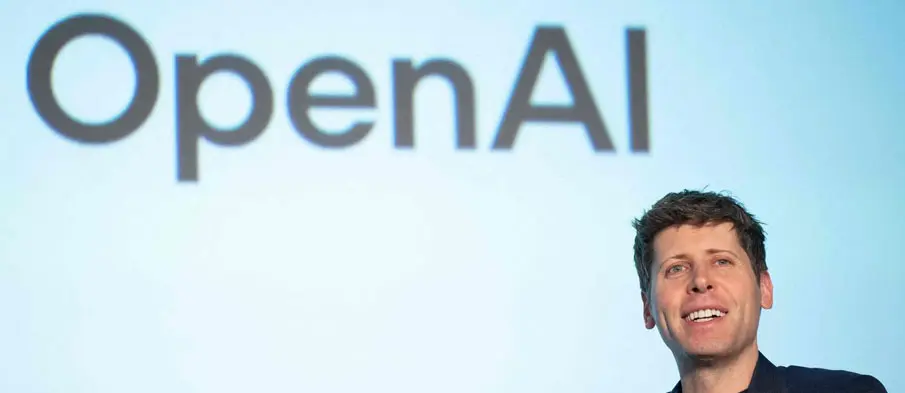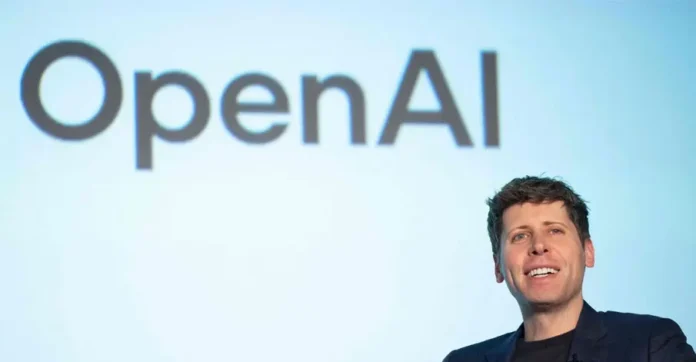
OpenAI CEO Sam Altman appears to be venturing beyond artificial intelligence and into the realm of the human brain. According to reports, he is backing a stealth startup called Merge Labs, which aims to develop a non-invasive brain–computer interface (BCI) capable of interpreting human thoughts through sound waves and magnetic fields—without any surgical procedures. The project, if successful, could make Altman a direct competitor to Elon Musk’s Neuralink, which relies on invasive brain implants that require open-skull surgery.
Unlike Neuralink’s electrode-based implants, Merge Labs is said to be pursuing a gentler, surgery-free approach by leveraging ultrasound technology and genetic engineering. A report from The Verge revealed that Altman is assembling a team of leading scientists for the venture, including Mikhail Shapiro, a prominent biomolecular engineer at Caltech known for groundbreaking work in neural imaging and ultrasound-based brain communication. Also expected to play a key role is Alex Blania, CEO of Tools for Humanity, the company behind Worldcoin.
While Shapiro’s exact role remains undisclosed, sources told The Verge that he will likely be a founding member and help lead investor discussions. His involvement signals an ambitious scientific direction—one that seeks to connect human minds to machines without scalpels. At Caltech, Shapiro gained recognition for using ultrasound to interact with neurons and for developing gene therapy techniques that make cells visible and responsive to sound waves. These innovations could enable wireless, non-invasive communication between biological tissue and digital systems.
Altman’s vision aligns with his previously stated skepticism toward invasive brain technology. In August, he quipped that he wouldn’t “plant anything” into his own brain, saying it “would kill my neurons.” Still, the concept of fusing human thought with AI fascinates him. “I would like to be able to think something and have ChatGPT respond to it,” he said. “Maybe I want read-only. That seems like a reasonable thing.”
That “read-only” principle—where AI can interpret but not alter human thoughts—is reportedly central to Merge Labs’ mission. The company plans to use ultrasound and magnetic fields to develop a brain–computer interface that can read neural signals safely and non-invasively.
According to The Financial Times, Merge Labs is preparing for a $250 million (₹2,195 crore) funding round through OpenAI’s venture arm, with Altman expected to serve as co-founder. Though much of the project remains under wraps, it represents one of the most ambitious and futuristic efforts yet to bridge human cognition and artificial intelligence—no chips, no surgery, just sound waves and science.





